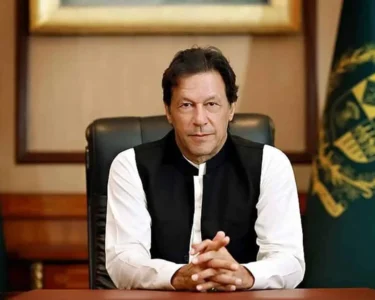The Islamabad High Court (IHC) recently made headlines by overturning the convictions of Imran Khan, the founder of Pakistan Tehreek-e-Insaf (PTI), and former Foreign Minister Shah Mahmood Qureshi in what came to be known as the “cipher case.” The two-member bench, led by IHC Chief Justice Aamer Farooq and Justice Miangul Hassan Aurangzeb, issued the ruling after considering appeals from Khan and Qureshi against their earlier convictions.
Earlier, both sides presented their arguments before the bench, which then reserved its verdict. Ultimately, the bench sided with Khan and Qureshi, rendering their previous sentences null and void.
This development comes after Khan and Qureshi were handed down 10-year prison sentences in January of the same year by a special court on charges related to leaking state secrets. The case centered on allegations that the two leaders retained and disclosed a classified diplomatic cable from Pakistan’s ambassador to the United States. The controversy erupted when Khan displayed the letter at a public gathering in Islamabad, claiming it as evidence of an international plot, allegedly orchestrated by the United States, to destabilize his government.
READ MORE: Imran Khan’s TikTok Debut: A Social Media Sensation
The Federal Investigation Agency (FIA) became involved, filing an FIR against Khan under Section 5 of the Official Secrets Act 1923, based on a complaint from the Home Secretary. Subsequently, Azam Khan, a close aide to Imran Khan and then-ambassador to the U.S., made a statement against Khan, alleging that he had manipulated the narrative surrounding the cipher controversy.
Investigators contended that Khan had utilized the cipher to sway public opinion, suggesting foreign interference in the opposition’s no-confidence motion. However, it was later revealed that Khan had misplaced the copy of the cipher, further complicating the case.
With the IHC’s recent ruling annulling their convictions, the legal saga surrounding Khan and Qureshi has taken a new turn, sparking discussions about the implications of the court’s decision on Pakistan’s political landscape.




